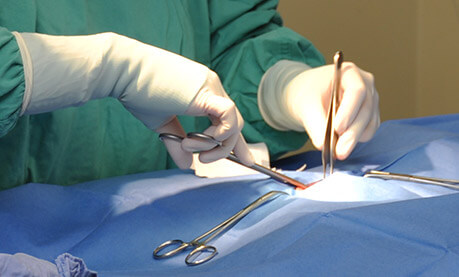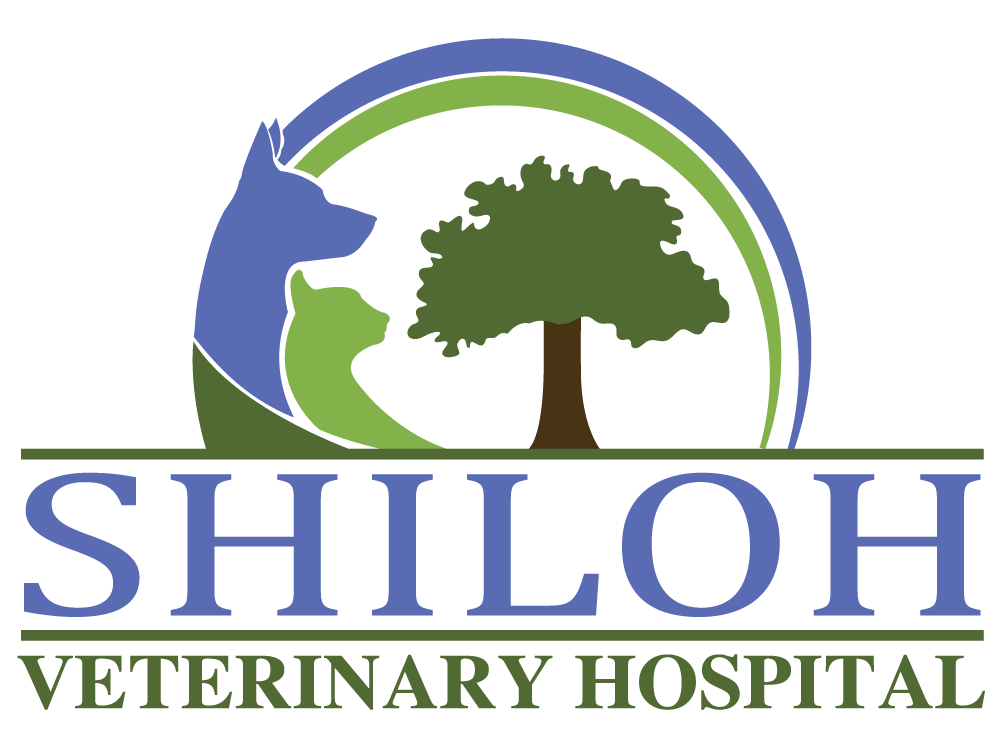We provide superior surgical care for your pet!
 Shiloh Veterinary Hospital is dedicated to provide the best possible surgical care for your pet In the event a surgical procedure becomes necessary. We have the expertise and technology to perform most surgical procedures for dogs and cats, including:
Shiloh Veterinary Hospital is dedicated to provide the best possible surgical care for your pet In the event a surgical procedure becomes necessary. We have the expertise and technology to perform most surgical procedures for dogs and cats, including:
- Soft tissue/general surgery
- Spay and neuter
- Emergency surgery (laceration repair, wound repair, foreign object removal)
- Dental surgery
- External eye surgery
All patients are carefully screened prior to surgery, and we tailor the anesthetics we use during the surgery for your pet. We recommend all patients have a complete blood count (CBC) and serum chemistry. The CBC will allow us to screen for signs of infection, anemia, and indications of coagulation problems. The chemistry is mainly used to screen for liver and kidney problems, which are the organs that metabolize and excrete the anesthesia. Other health problems can be detected, as well.
Our surgical suite includes:
- Fully trained veterinary and technical staff to ensure the safest, most efficient state-of-the-art procedures for your pet
- Heated surgery tables for greater comfort
- Advanced sterilization techniques
- ECG and oxygen saturation monitors
- Intensive after-surgery care and full pre-anesthetic blood testing
Anesthesia and Patient Monitoring
We utilize the safest anesthesia options available and provide the same level of patient monitoring that you would receive if you were having surgery. We monitor all of your pet’s vital signs with state of the art equipment as well as manual techniques. Pets are monitored during surgery (pulse ox, respiratory monitoring, EKG, temperature monitoring, ventilator, oxygen)
Pain Management
Your pet’s pain relief is our top priority. At Shiloh Veterinary Hospital, we ensure your pet has minimal pain before, during and after their surgery. We utilize multiple therapies to control pain so that your pet is as comfortable as possible until they are fully recovered.
DO NOT give over-the counter pain medication without first contacting your veterinarian. While some can be given, some human medications can be fatal to our pets. Some human medications cannot be mixed with medication we commonly give to our pets.
After Surgery
We will call you once the procedure is completed and will review all discharge instructions with you when you pick up your pet. Depending upon procedure, you may be sent home with easy to understand aftercare instructions. We will call you within a few days to check on your pet and answer any additional questions.
Follow Up Care
For most procedures, the after care will consist of confinement for 10-14 days following surgery. This means no running, jumping, or playing. Leash walks to go outside to the bathroom is allowed for dogs. Baths should not be given. You will need to monitor the incision for redness, drainage, and swelling which could be an indication of infection. Some redness and swelling will be normal with healing. We recommend no food the night following surgery, but your pet should be able to eat and drink as normal by the next day. If your pet vomits, has diarrhea, or is not eating, please contact our office. If you notice your pet licking at the incision, your pet will need to wear an e-collar. If you do not have one, pick one up immediately. If your pet has stiches in the skin, you will need to return to our office to have them removed 10-14 days after surgery.
